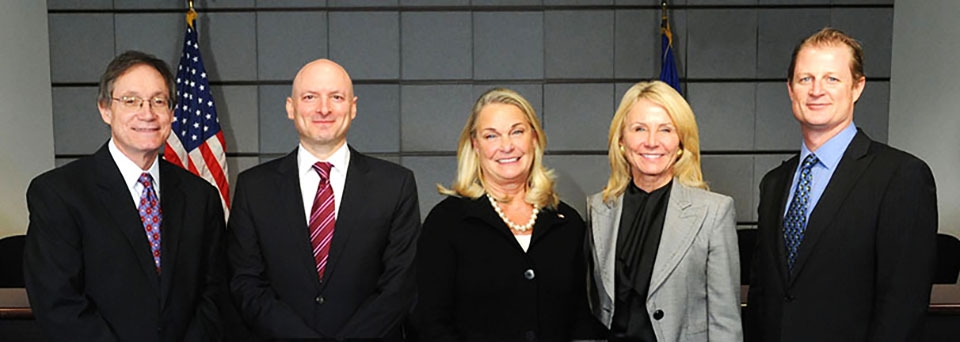By Adam Kelly | The Duquesne Duke
Duquesne received a grant of $40,000 from the Pennsylvania Liquor Control Board in an effort to prevent underage and dangerous alcohol abuse on campus.
According to Sharon Oelshlager, director of residence life, the grant money will be ready to spend by Oct. 1, when all of the proper paperwork will be processed.
Duquesne has received the PLCB award three out of the past four years, according to DU Cares coordinator Daniel Gittins. In each of these years, Duquesne has received the top award in monetary terms.
“We were very intentional in preparing for this grant,” Gittins said. “This will help us increase awareness of illegal underage and excessive underage [drinking].”
The grant money will be used for things like Greek programs, floor programs, promotional programs, online surveys and to help pay for public safety overtime shifts on “high risk” occasions like St. Patrick’s Day, all in an effort to treat and prevent alcohol abuse, according to Gittins.
Oelshlager said promotional programs include everything from signs and slogans on water bottles to advertisements in The Duke.
“We were very intentional in preparing for this grant.”
Sharon Oelshlager
One of the slogans used by Residence Life appears on a water bottle and says “92% of Students at Duquesne Have Never Missed a Class Because of Alcohol,” according to Oelshlager.
Gittins also said that $2000 of the grant money will go towards a new bicycle for the Public Safety Department, a purchase that Captain Michael Sippey supports.
“There’s definitely the cost saving factor of a bicycle rather than another car,” Sippey said. “[The bicycle] makes things easier in the dorm areas, where incidents occur.”
Sippey said there were 31 incidents on campus from January to August in which public safety was needed.
“Duquesne is a hilly campus,” Gittins said. “Another bicycle will help Public Safety respond to situations much faster.”
Stacy Kriedeman, director of External Affairs at the PLCB, said the award is very competitive, with over 100 applicants and just a few winners.
The awards are based on numerous criteria, chief among these being the plans the institutions have in place for the money, according to Kriedeman.
“Some institutions use the money for social norm campaigns to dispel the myth that everyone drinks,” Kriedeman said.
Gittins said one of these campaigns is in the works for Duquesne students.
“A lot of students think that, say, 70 percent of students consume alcohol and that’s simply not true,” Gittins said.
According to Oelshlager, 35 percent of college students do not drink alcohol and another 35 percent do not actually want to drink.
Oelshlager also said the programs and promotions that are being put in place are mainly to cater to these particular students, so they do not feel pressured to drink.




